Eco-Transmission. When Sustainability Meets Cultural Pride in South Korea.
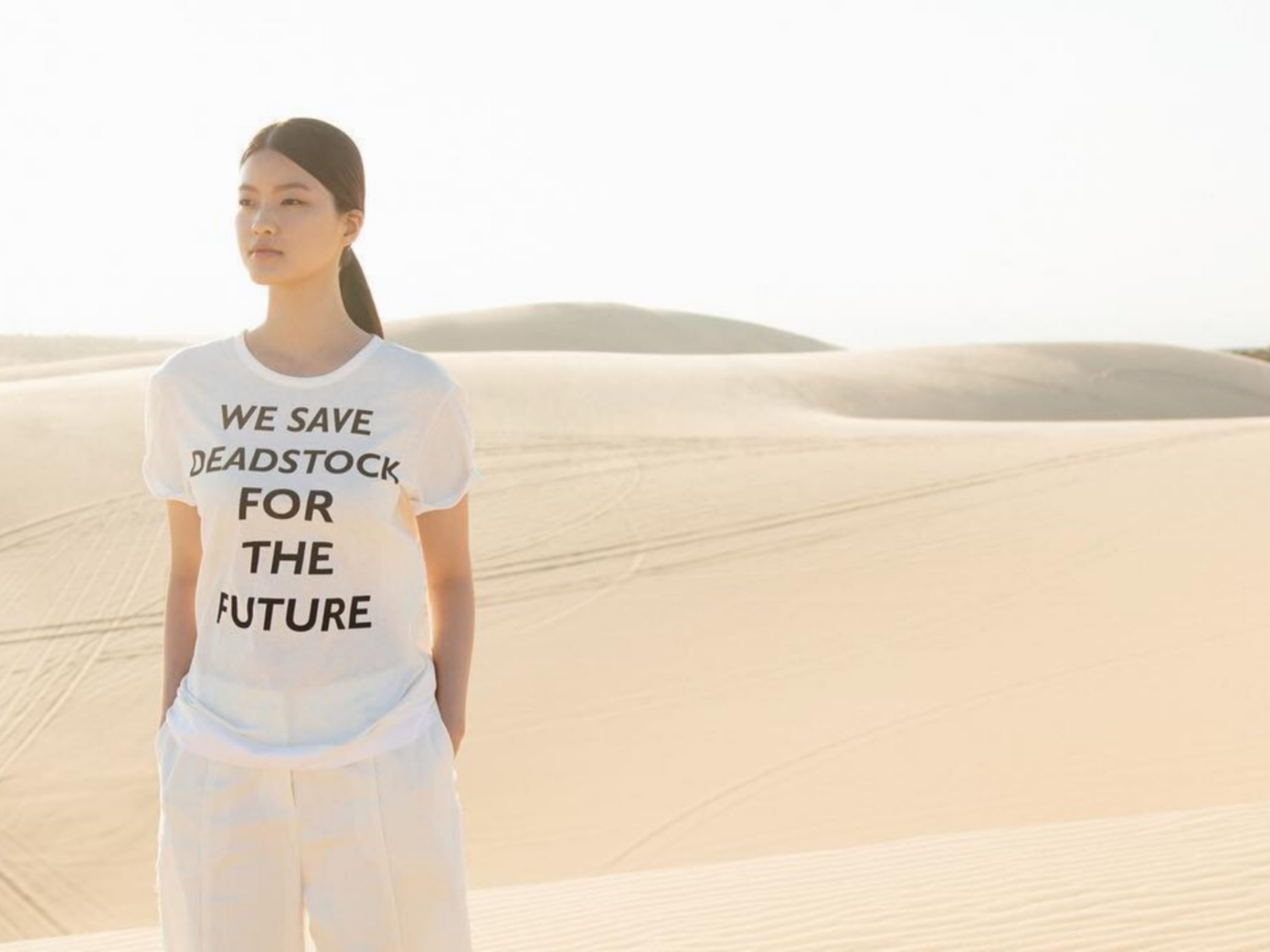
Since the renewal of the country in the ’60s, South Korean is known for its fast development and constant technologic innovation. In the context of a hyper-digitalization and a strong pressure for efficiency, consumers seek more authenticity and respect in their daily life.
They are increasing looking to move at a slower pace and are looking to create harmony between culture and the planet. New cultural reappropriation is on the rise, especially amongst younger consumers and in the design and fashion arena.
Cultural gathering around authentic spaces
In design, art, retail, and architecture, a strong retro trend (Newtro) emerges, an echo to the consumer quest for more authenticity, slowness, and realness. Among the younger generation rises a sense of transmission with the past to anchor a sense of belonging to the Korean culture. We witness the rise of socials salons where people meet to discuss culture and a rise of regenerating spaces rather than the creation of new buildings.
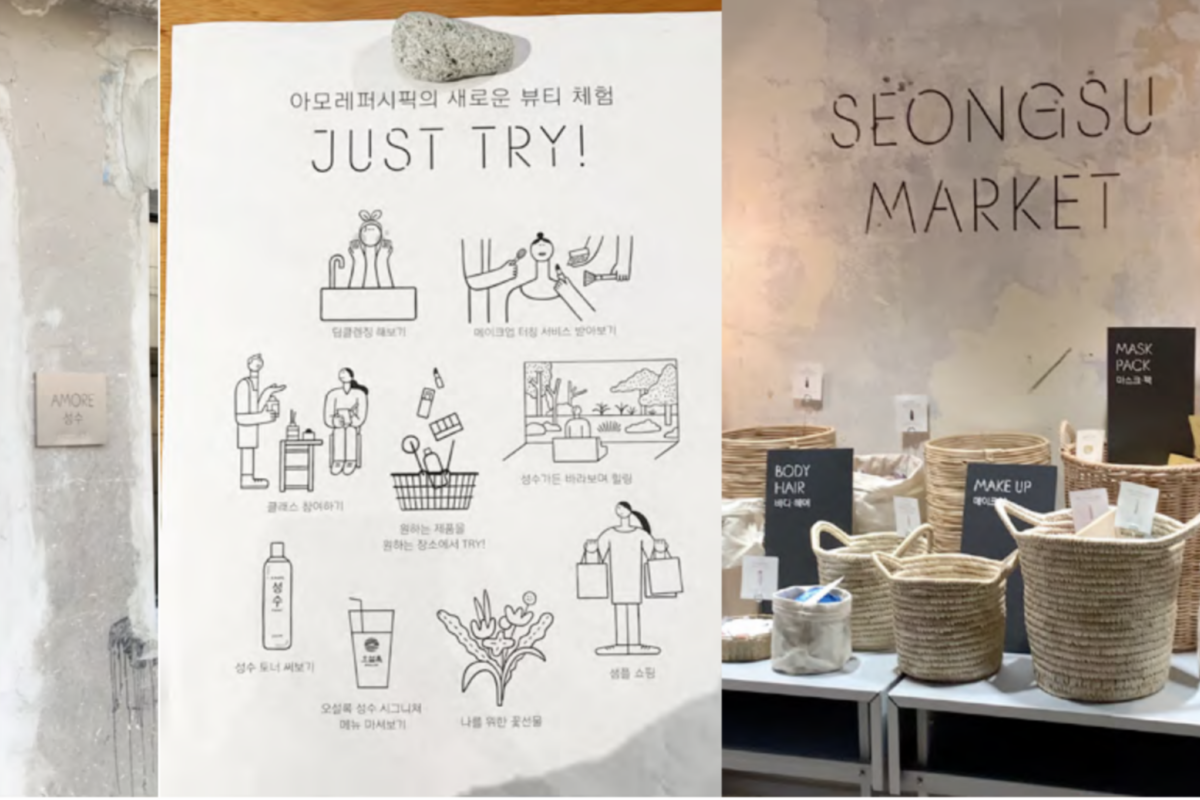
In October, Amore Pacific opened a new space, Amore Seongsu, dedicated to the discovery of their products, products can only be bought online. Presented as a “Healing Space”, this new gallery sits in a former car repair shop in the up-and-coming area of Seongsu-dong.
Slow consumption and zero waste
Seoul, like all megacities in the world, is housing new zero waste stores to answer consumer’s increasing demand for more sustainable solutions. In the Seongsu area, called the Brooklyn of Seoul, healthy and sustainable stores pop up all around the neighborhood. Artists are opening ateliers, concept stores, and cafes that reflect a need for slow consumption.
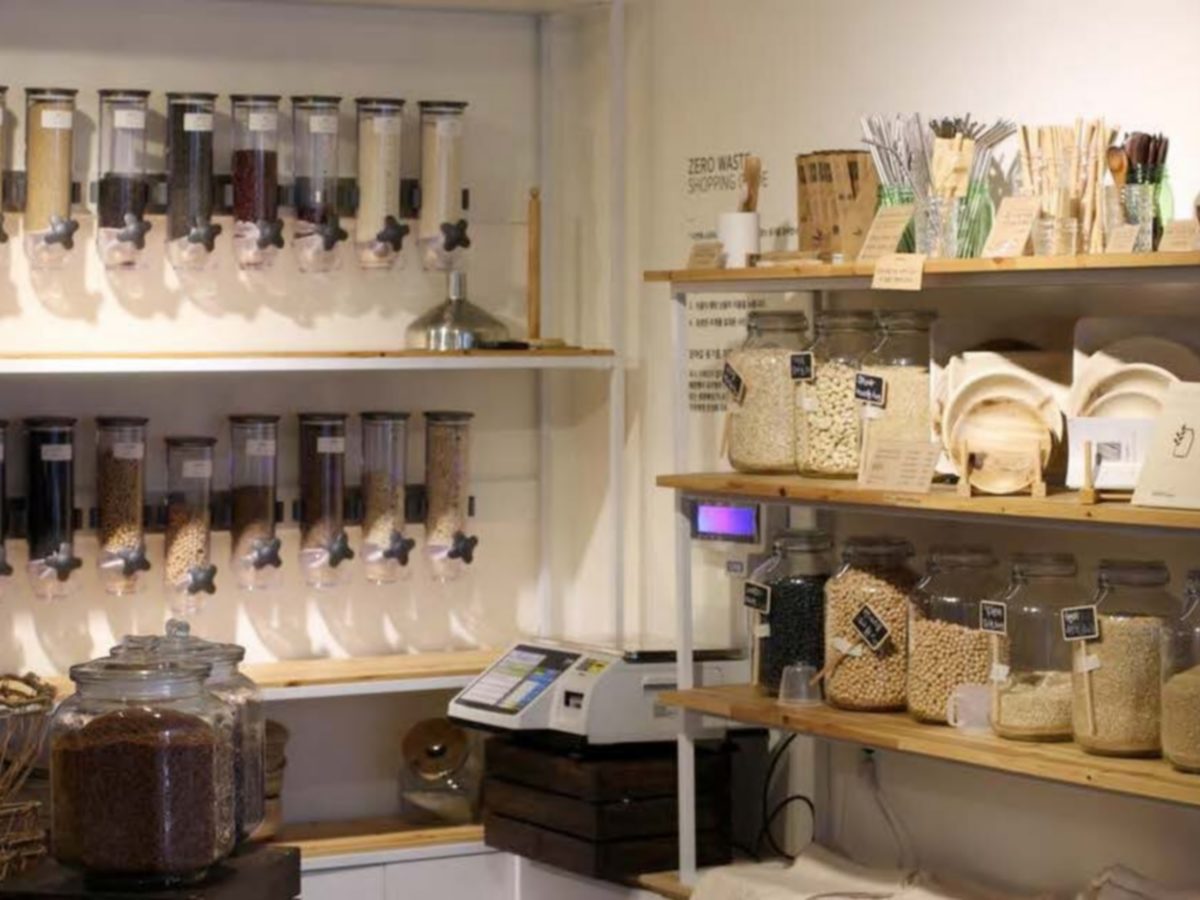
Source: Picer Korea
Alongside with this more cautious consumption is the rise of zero-waste initiatives. In 2018, a zero-waste global organization created “Wasteupso” in Seoul, a web store promoting a better way to use our daily product. It aims to become a brick and mortar sustainable place. Another, Picker Korea, opened in Seongsu a zero-waste shop and cafe also selling zero water shampoos like Plein de Vie.
Sustainable leading
Today, waste is one of the biggest problems for fashion and beauty. From creation to packaging, all the supply chain is coming up with solutions to change their impact on the world. To change the mentality, new initiatives take place in Korea, particularly in Seoul. Back in 2017, Seoul Upcycling Plaza was installed in Seongdong-guto to raise awareness on upcycling solutions, with conferences providing tangible ideas for the day-to-day behavior. For its second anniversary, the Seoul Upcycling Festival included various lectures, forums, and visitor-friendly programs.
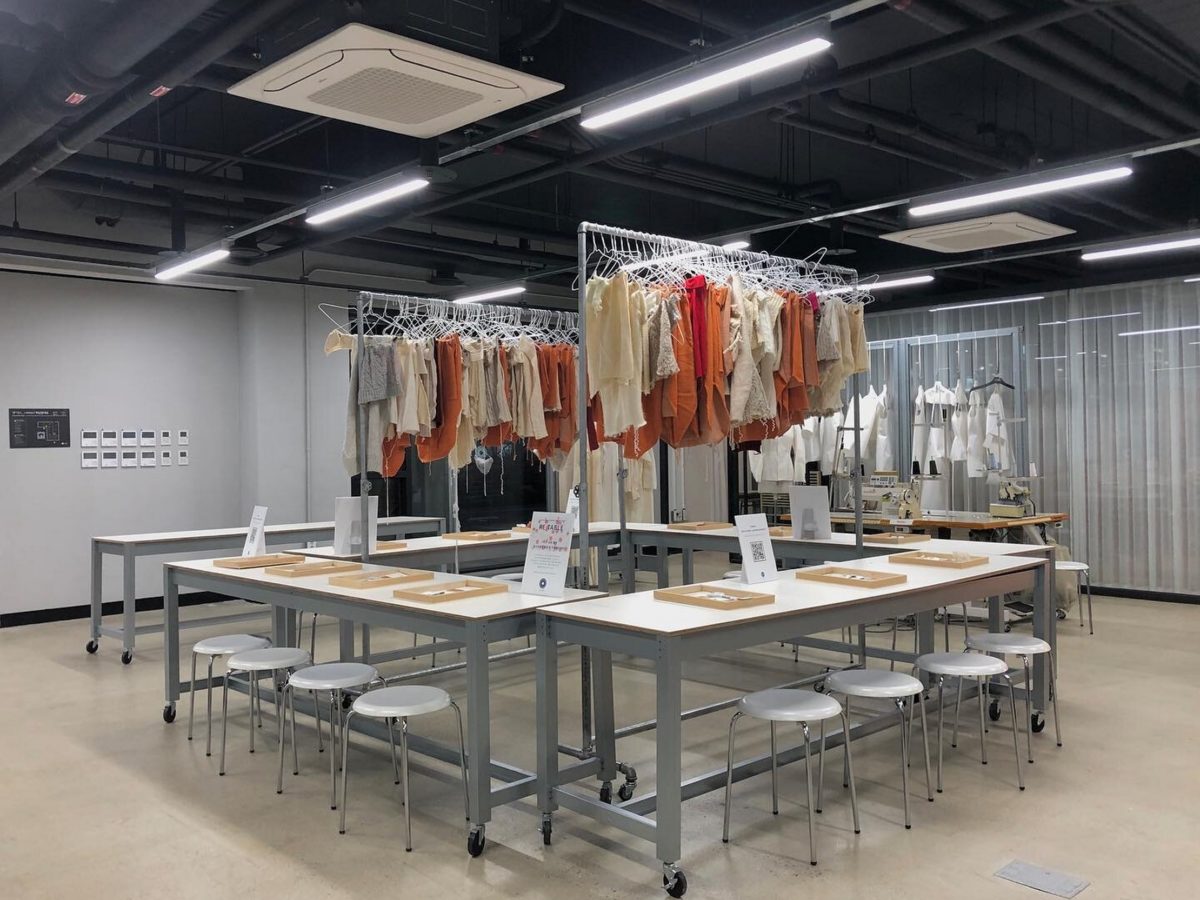
RE:code, the pioneer of sustainable fashion in Korea, took it a step further. For the SS20 fashion show, the brand welcomes guests to the showroom to discuss its approach to upcycling. As for the past collection, Kolon Industries (owner of Re:code), creates brand new designs with waste from unsold apparel. “Everything is crafted into something new”, claims the brand. Additionally, RE: code employs North Korean asylum seekers, adding to their environment benefit a holistic approach to production.
ECO-TRANSMISSION is a trend from Cosmetics Inspiration & Creation’s latest What’s Up Korea trend reports, Makeup & Skincare. If you wish to order the upcoming report, contact the agency for more information.
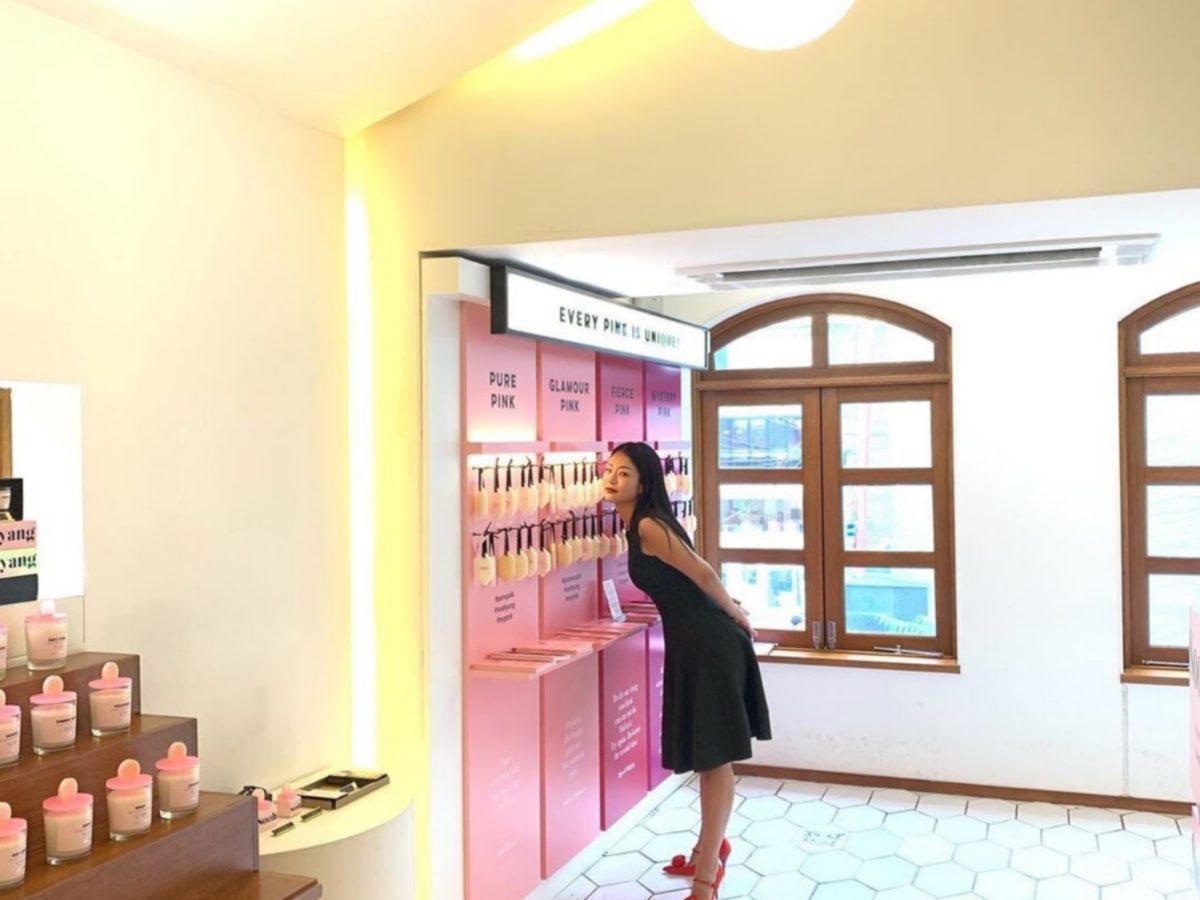
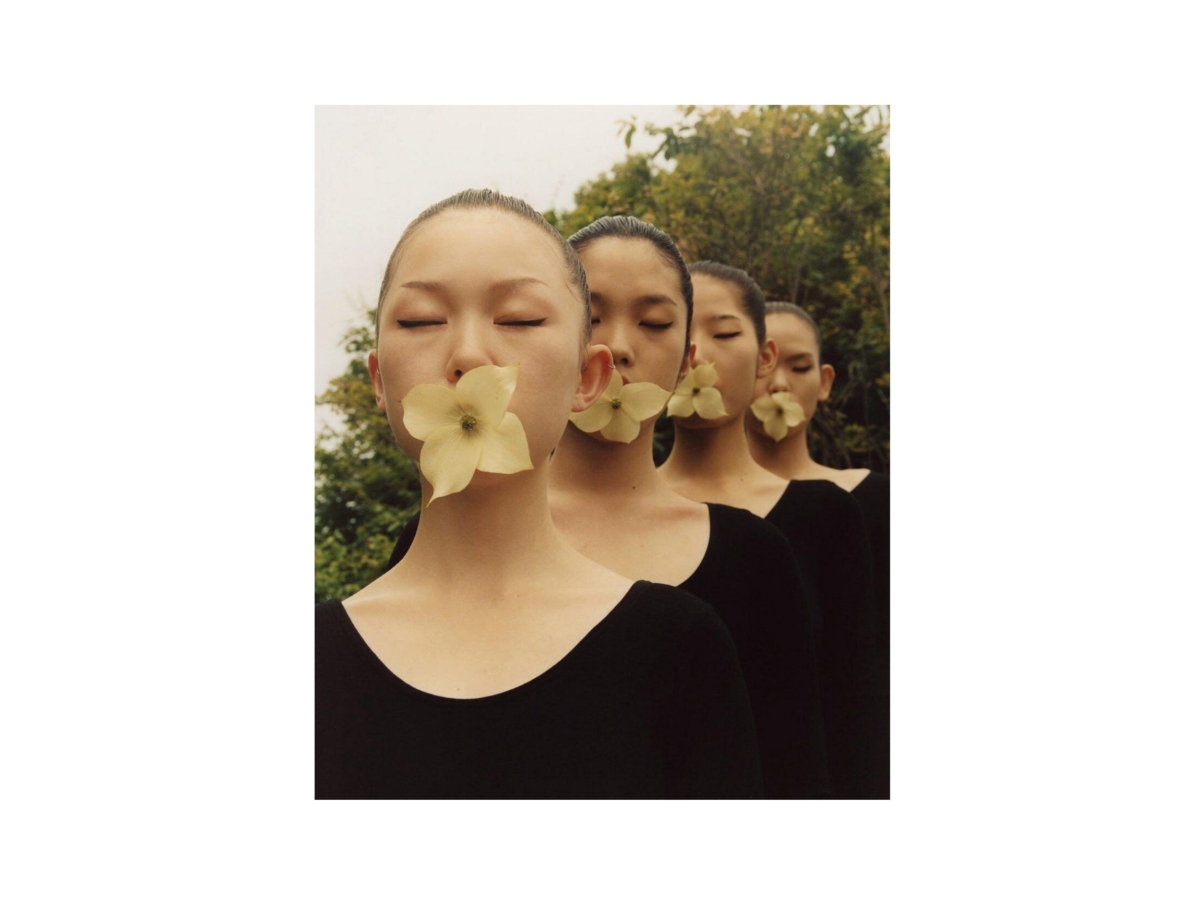
Amore Songsu – Photo Cosmetics Inspiration & Creation/@cosmeticseeds